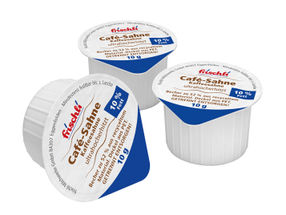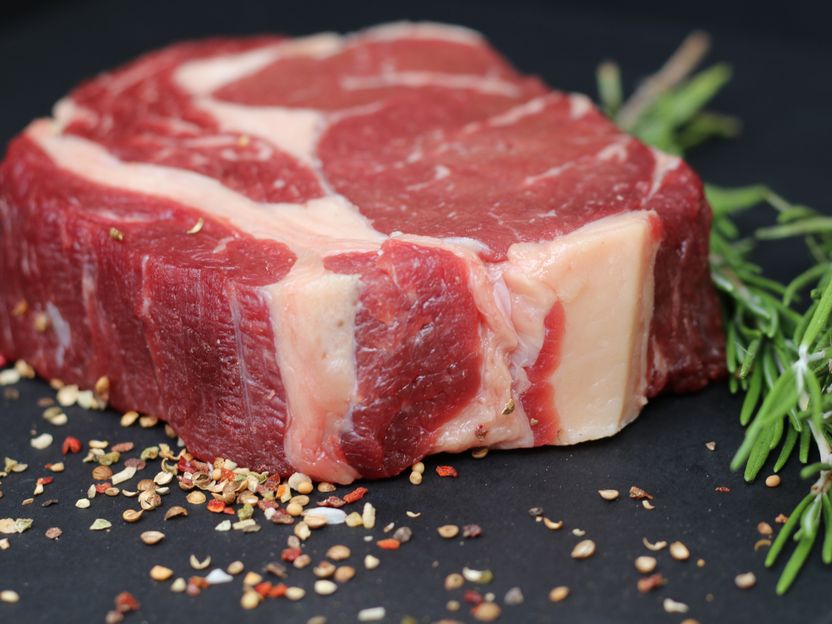proFagus: Regenerated smoke is the safest alternative for food preservation and flavoring
Regenerated smoke is the safest alternative for food preservation and flavoring
Advertisement
The use of liquid smoke in the food industry is constantly increasing due to its improved properties compared to traditional smoke, its improved efficiency in production and its usability in many products, from meat and fish to cheese. However, on August 1, 2024, the EU Commission decided to restrict the approval of primary smoke condensates for a further 5 years in food production and for 2 years in ingredients. This is due to a change in the assessment method. This change meant that no longer only the registered and very well examined aroma was evaluated as a mixture of substances, but individual components were used for the evaluation.
From proFagus GmbH's point of view, this assessment and decision must be viewed critically, as a return to traditional smoking with adverse consequences for consumer health is to be expected
In order to enable a holistic view and to initiate an objective discussion and reassessment, studies were carried out in the new laboratories of proFagus Food Solutions GmbH at the beginning of 2024 for the comparative analysis of smoke produced and its deposition on surfaces. In collaboration with an equipment manufacturer, smoke was generated in different ways: traditional smouldering smoke and regenerated smoke (liquid smoke). The smoke gases were analyzed by fractionating condensation and extraction.
It was found that all types of smoke produced contained substances considered critical by the EFSA. The amount in conventional smoking technologies was higher in relation to the smoking capacity than in liquid smoke and also contained other chemicals of concern. Regenerated smoke benefits from purification during production. In a model study of a collagen casing and a Teflon® skin on an inert carrier, it was found that the samples obtained after classical smoking contained more chemicals of concern and in higher concentrations (e.g. furfural), whereas samples produced from regenerated smoke from beechwood only showed contamination with 2(5H)-furanone. In relation to the intended smoke output, the concentration was even significantly lower than with conventional smoking. "In a short space of time, we have established a reliable analytical platform for evaluating the ingredients of beechwood smoke and their behavior in the smoking process. We use this platform to develop improved beechwood smoke flavor mixtures," summarizes Dr. Alexander Scholte, Head of Research at proFagus Food Solutions GmbH.
It has been confirmed that regenerated smoke is still the most advanced and safest alternative for food preservation and flavoring. The European Commission confirmed that it will order a review of the comparison at EFSA. proFagus Food Solutions supports this program and is happy to assist and work with customers in Europe on the implementation of alternatives. "The evaluation of flavorings for use in food must take progress into account. It is regrettable that the European Commission is simply ignoring the positive data available from large studies. We are confident that we will be able to support our customers with new products," concludes Dr. Frank Höfer, Managing Director of Arbonium Technologies GmbH.

In the new laboratories of proFagus Food Solutions GmbH, tests were carried out for comparative analysis.
proFagus GmbH
Note: This article has been translated using a computer system without human intervention. LUMITOS offers these automatic translations to present a wider range of current news. Since this article has been translated with automatic translation, it is possible that it contains errors in vocabulary, syntax or grammar. The original article in German can be found here.

































































